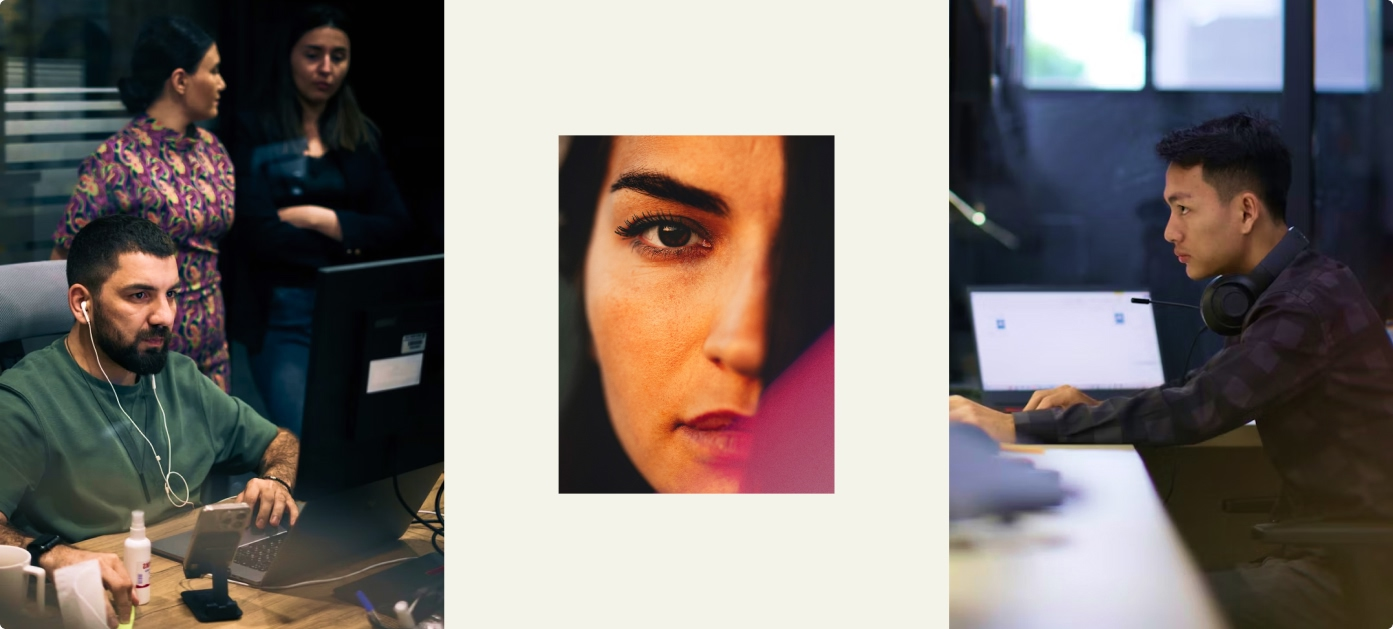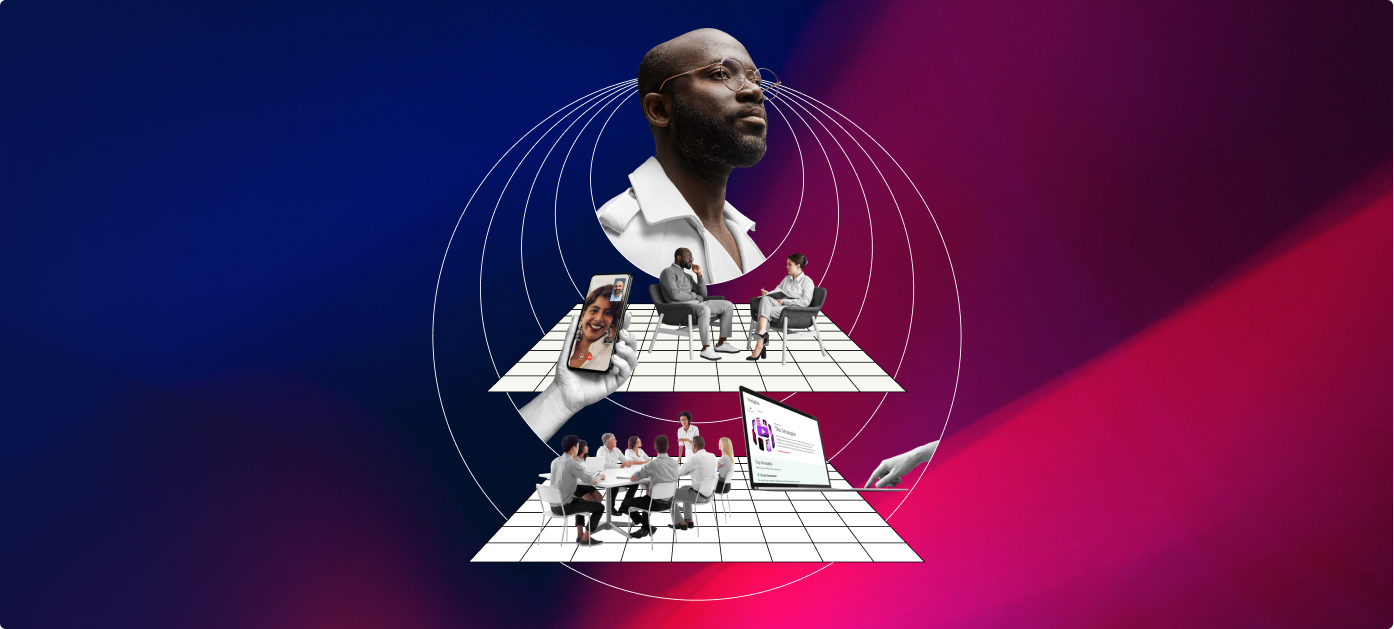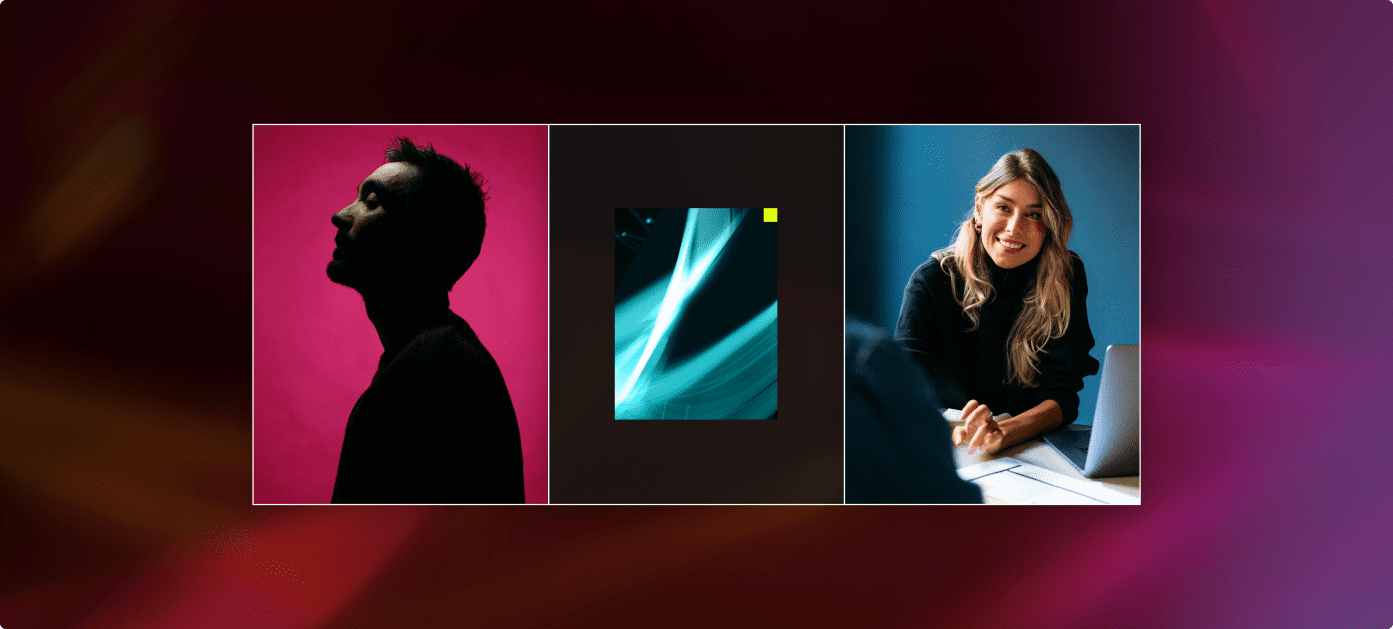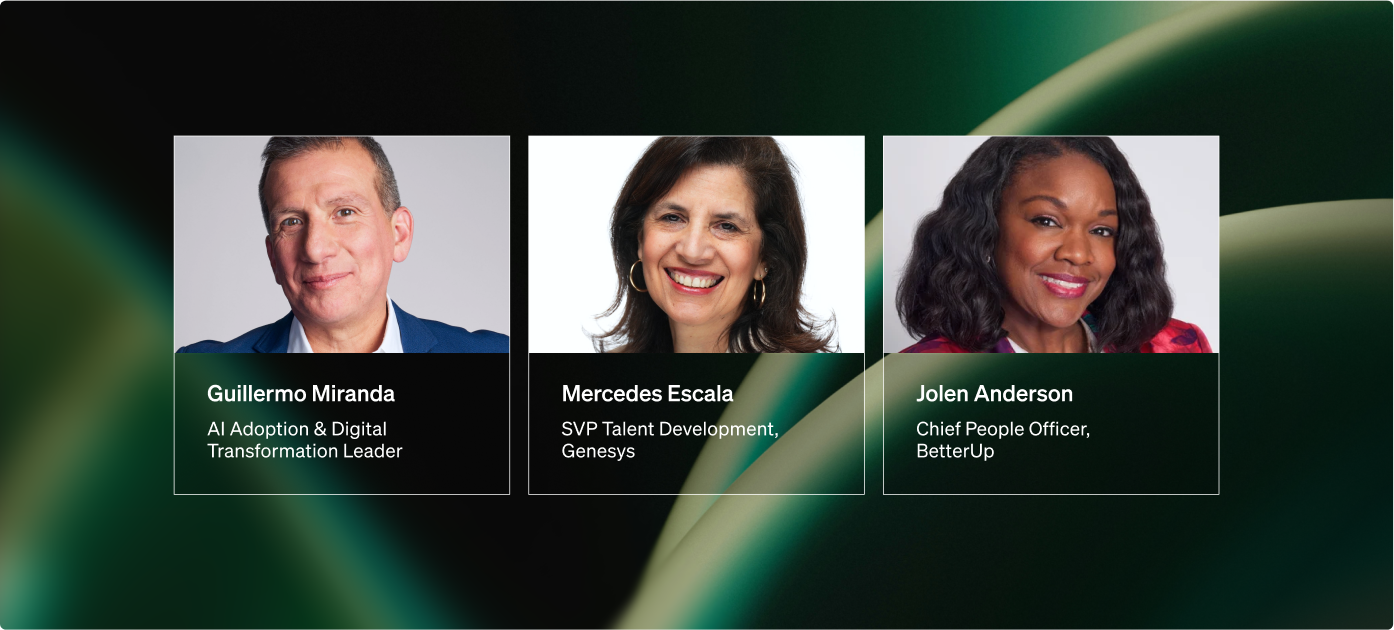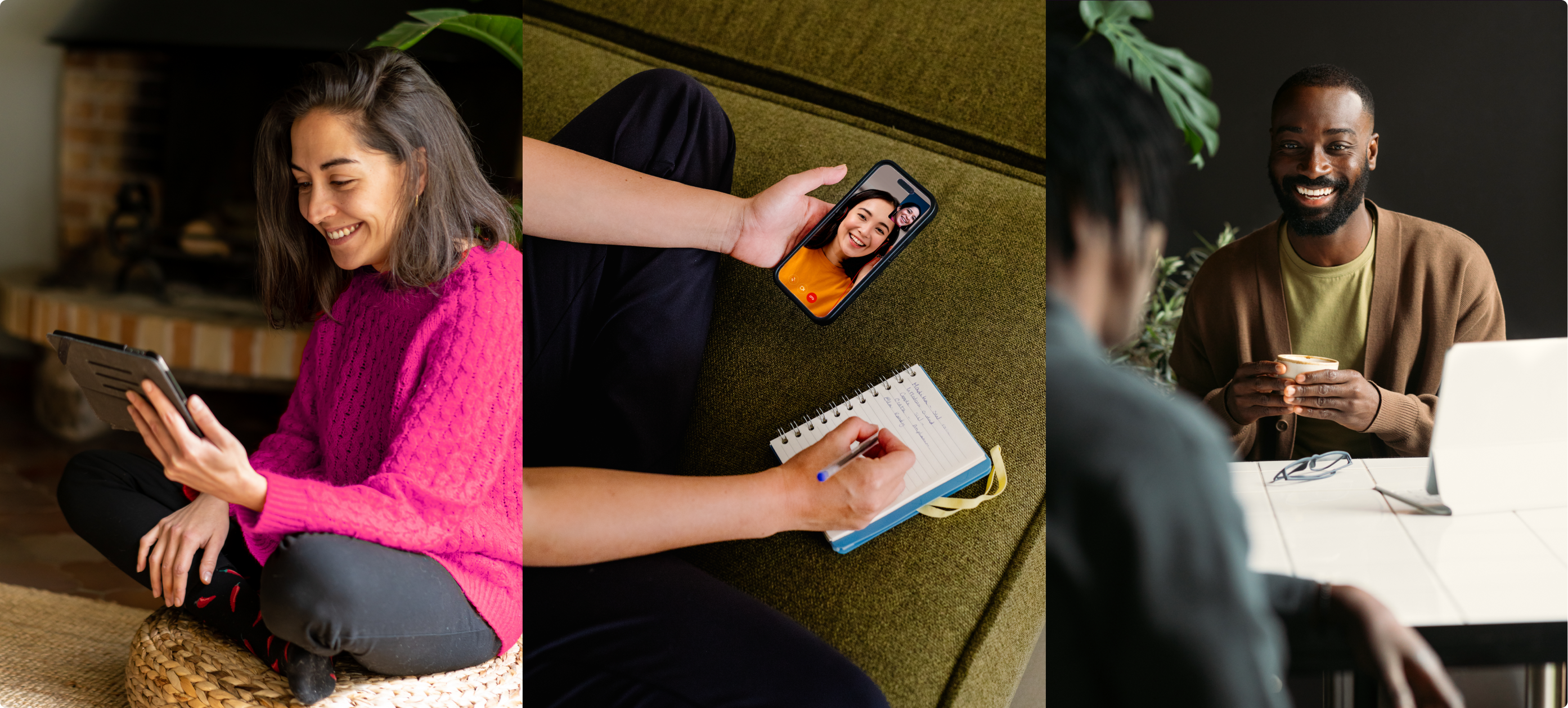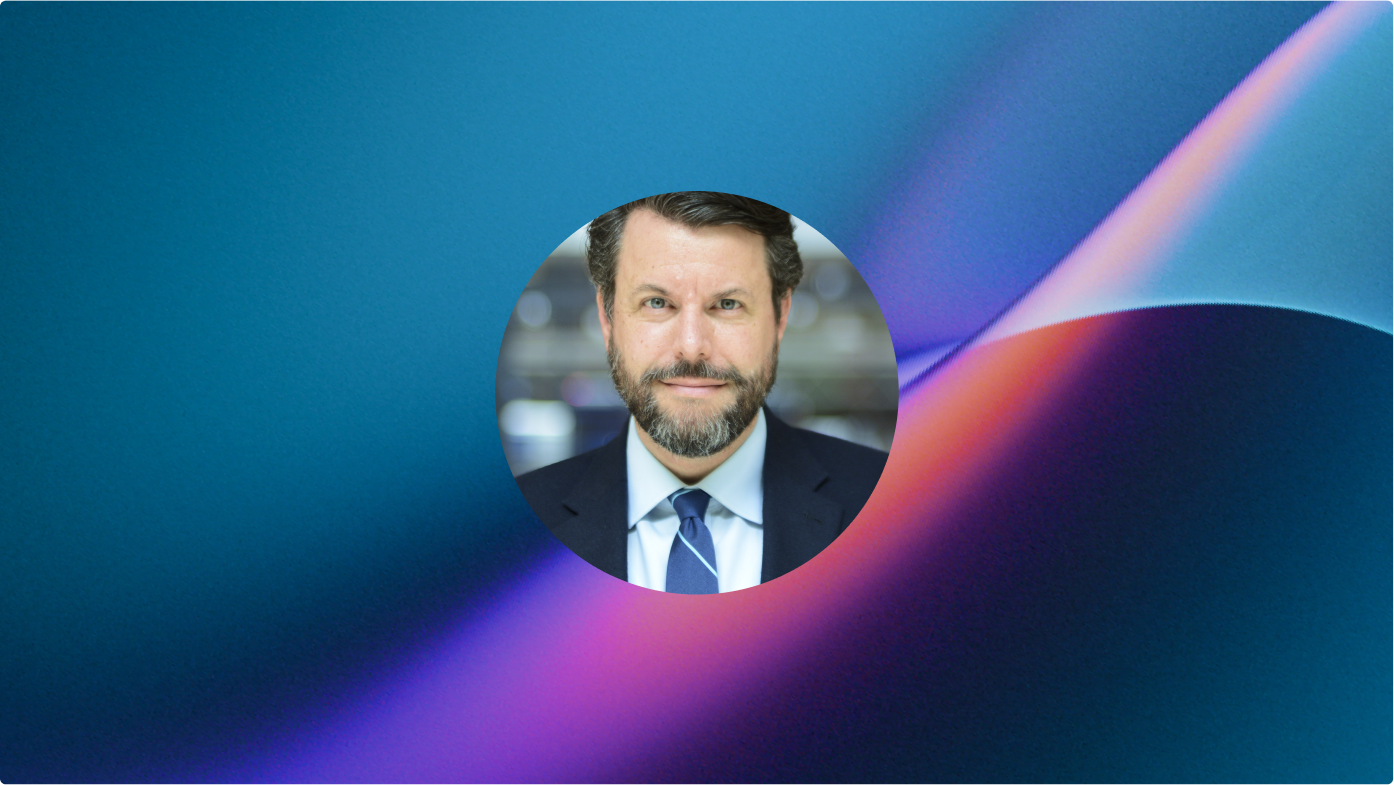Creativity is the engine behind scientific progress, a force for business innovation, and is often associated with intelligence, wisdom, and moral goodness. Creativity is what gave us the smartphone, cancer-sniffing robots, and artificial intelligence itself. Yet it’s a resource that is increasingly in short supply.
Recent research from BetterUp Labs in partnership with Stanford Social Media Lab reveals that original thinking is declining across generations. Despite advances in education and tools, divergent thinking and problem-solving skills are declining, with measurable consequences for individuals and organizations.
Creativity Quotient in decline
Encompassing factors like originality, flexibility, and elaboration in thinking processes, the Creativity Quotient (CQ) is a metric designed to assess an individual's creative potential and ability. Creativity Quotient (CQ) has been dropping for decades, with children’s ability to generate unique ideas declining significantly since the 1990s. This decline isn’t limited to younger generations; across industries, employees are struggling to think beyond optimization and efficiency.
AI: Accelerator or creativity bottleneck
Artificial intelligence is transforming industries, but its impact on creativity is complex. While AI can generate variations and optimize solutions, it struggles with true novelty, emotional depth, and contextual innovation. This makes human ingenuity more essential than ever.
Yet, instead of using AI as a tool for expansion, our research found that many industries are seeing the opposite effect:
- Gen Z is resisting AI adoption. Despite being digital natives, Gen Z is 25% less likely to use AI than older generations and 61% more likely to feel reactive rather than proactive in AI adoption.
- Skepticism is growing in creative industries. 39% of workers in the arts and entertainment sectors believe AI is devaluing their work, reinforcing concerns about creativity erosion.
- Automation is reducing independent problem-solving. Over-reliance on AI-generated outputs is diminishing original thought, especially in fields that prioritize efficiency over exploration
What’s causing the crisis?
- Over-standardized education
Teaching to the test emphasizes memorization while limiting open-ended problem solving and discouraging exploration and risk-taking. - Digital distractions
Passive consumption of content replaces time spent in active creation. - Automation and AI
AI-generated solutions reduce the incentive for independent problem-solving and active creation. - AI is stalling creativity in certain industries
Sectors such as arts & entertainment remain deeply skeptical, with more than a third of workers fearing AI is devaluing their work, reinforcing concerns about creativity erosion.1 - Risk-averse workplaces
Organizations prioritize speed and efficiency over creative exploration and experimentation.
What we can do to reignite creativity
- Embrace ‘productive struggle’
Innovation thrives in discomfort. Organizations should create conditions where curiosity-driven problem-solving is encouraged, allowing deeper learning and discovery to emerge. - Prioritize open-ended thinking
Shift from rigid testing to inquiry-based learning that encourages exploration, creativity, and multiple possible solutions. - Leverage AI as a creativity amplifier
AI can either boost or stifle creativity, depending on how it’s used. The best results come from blending AI’s efficiency with human intuition, rather than replacing human-driven innovation.1 - Introduce AI through a ‘Pilot’ mindset
Employees who are both required to use AI and given clear communication about its benefits are 21x more likely to embrace AI as a tool that enhances their work.1 - Reintroduce play and imagination
Imaginative play encourages open-ended thinking, experimentation, problem solving, and risk-taking – all essential for innovation.
Why this matters now
With AI rapidly reshaping industries, creativity is more valuable than ever. Yet, unstructured AI engagement can reduce problem-solving confidence. AI should be framed as an enhancement tool—not a replacement—for human creativity.
Creativity will be the defining advantage of the future. The question is: will we nurture it or allow it to erode?
Defy the trend. Build a future fueled by creativity, not just computation.
The Human Transformation Platform
Process doesn't change your business. People do. Our platform removes the guesswork from developing your people at scale and delivers growth that's proven, predictable, and precise.
The Human Transformation Platform
Process doesn't change your business. People do. Our platform removes the guesswork from developing your people at scale and delivers growth that's proven, predictable, and precise.




